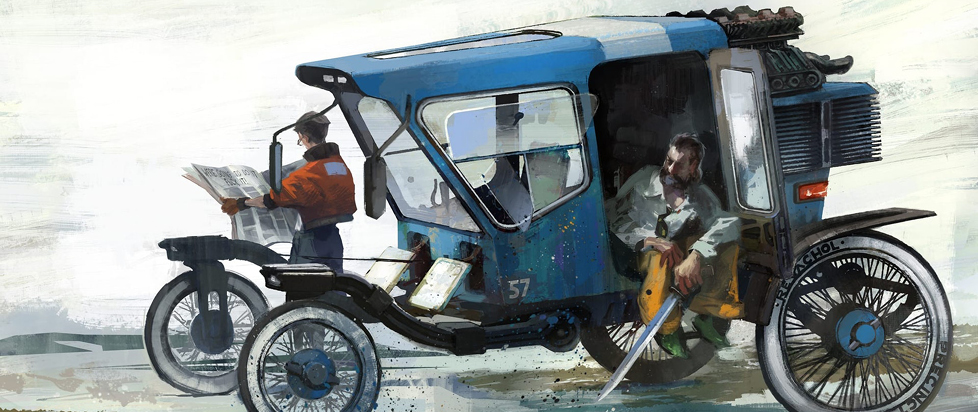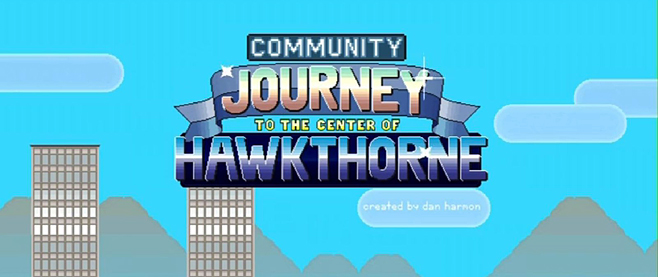
In Disco Elysium, Cops Aren’t Community
Detective games rely on authority and access: without this role in society, or the game, you could not go out into the world and serve a public good. Detectives in fiction have a unique ability to solve mysteries behind closed doors, by virtue of trust and resources. Disco Elysium plays with this idea–telling players that they can get away with saying weirder and wilder things because of their position of authority–but it doesn’t endorse it.
Detectives in media are often depicted as sympathetic in emotional crises–even sharing the same troubles–before they’re depicted as antagonistic, obstructive or unhelpful. Crime dramas attach a detective to one case, and one family’s grief and concern; feel-good viral videos depict police officers de-escalating crises, talking people off literal or metaphorical ledges; and the narrative that police are, at their best, actually doing community and social work is a sticky one for their proponents. Disco Elysium‘s Harry Du Bois is deeply sympathetic, and his psyche is entangled with Revachol’s, but the game draws a line between his own empathy, and the professional tools he’s equipped with.
Disco Elysium‘s own take on that emotional crisis de-escalation scene only demonstrates how limited Harry is in the specific role of a police officer. At the end of the questline to find his missing gun, Harry discovers it’s been sold to a mentally ill woman who calls herself “The Pigs,” after her obsession with crime radio. The confrontation with The Pigs is tense and uncomfortable, and relies on Harry convincing her that the gun is empty, a realization that leaves her immobilized by distress, but disarmed. One of the ways Harry can convince her is by outright grabbing for the weapon, unsettlingly causing her to declare that he’s attempting “suicide by cop” until it fails to fire.
At the conclusion of the scene, Harry considers the options he has available to him, as a cop. He can consider arresting her, or issuing a station call for her to turn herself in, only for Kim to point out that it wouldn’t help anything. He’s then left with the choice to go tell the Hardie Boys where she is. Unlike Harry or Kim, Titus Hardie remembers her name before she became ill, and the boys have memories of her looking out for them, as they’ll look out for her in turn.
For all their good intent, no matter how kindly or redemptively you play Harry, and for all Kim speaks to his belief that the RCM are doing good, Disco Elysium itself recognizes that cops are not social care, and follows this frequently played out scenario of crisis management to its necessary end. If you don’t go to the Hardie Boys, Kim can only say that he’ll call a hospital after the day’s work is completed.
Throughout Disco Elysium, it can feel like Harry is a tornado, whirling through Revachol and becoming entangled in its network of people, but his most impactful acts of empathy are distinct from his authority. When he establishes a nightclub in a church, he pointedly isn’t evicting its previous tenants. When he helps the cryptozoologists, he has to liaise with an antisocial locust-stealing twelve-year-old. The best things he can do for Revachol are the opposite of policing it, but the last we see of the city is still its abrupt ending, of Harry leaving in a police vehicle after he’s debriefed, and the case is solved.
Ruth Cassidy is a writer and self-described velcro cyborg whose DMs are open for pictures of mountains & your cats. Direct them to twitter @velcrocyborg





